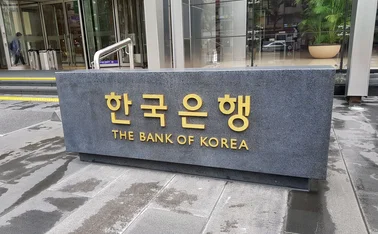
Dealing with ‘insidious' crises a ‘difficult proposition' for policy-makers, argues IMF paper
Conventional balance-sheet crises more effectively detected and contained

Policy-makers and market participants have become more adept at reading the warning signals on "conventional" balance-sheet crises in emerging market economies (EMEs), but they are much less capable of detecting and avoiding "insidious" crises, according to an IMF working paper published this week.
Conventional and insidious macroeconomic balance-sheet crises, by Bas Bakker and Leslie Lipschitz, describes conventional crises as triggered by external imbalances prompted by capital inflows
Only users who have a paid subscription or are part of a corporate subscription are able to print or copy content.
To access these options, along with all other subscription benefits, please contact info@centralbanking.com or view our subscription options here: http://subscriptions.centralbanking.com/subscribe
You are currently unable to print this content. Please contact info@centralbanking.com to find out more.
You are currently unable to copy this content. Please contact info@centralbanking.com to find out more.
Copyright Infopro Digital Limited. All rights reserved.
As outlined in our terms and conditions, https://www.infopro-digital.com/terms-and-conditions/subscriptions/ (point 2.4), printing is limited to a single copy.
If you would like to purchase additional rights please email info@centralbanking.com
Copyright Infopro Digital Limited. All rights reserved.
You may share this content using our article tools. As outlined in our terms and conditions, https://www.infopro-digital.com/terms-and-conditions/subscriptions/ (clause 2.4), an Authorised User may only make one copy of the materials for their own personal use. You must also comply with the restrictions in clause 2.5.
If you would like to purchase additional rights please email info@centralbanking.com







